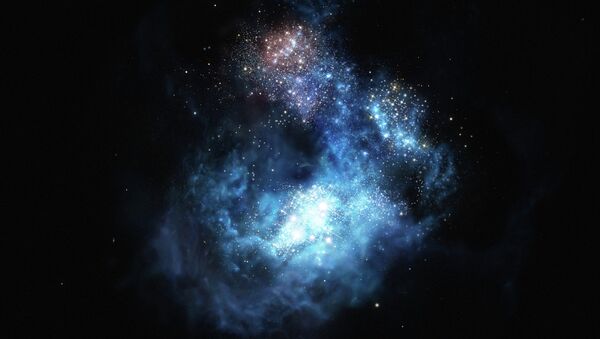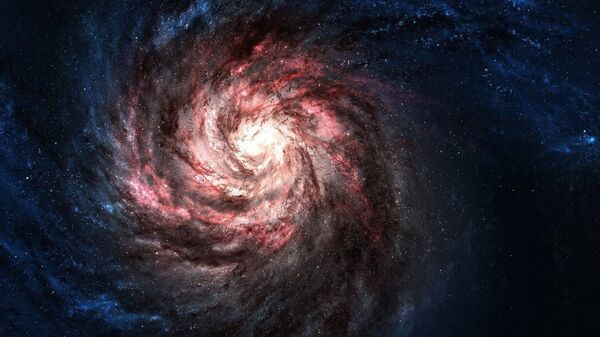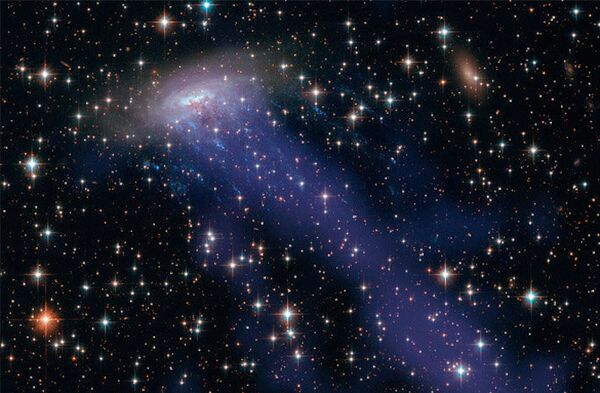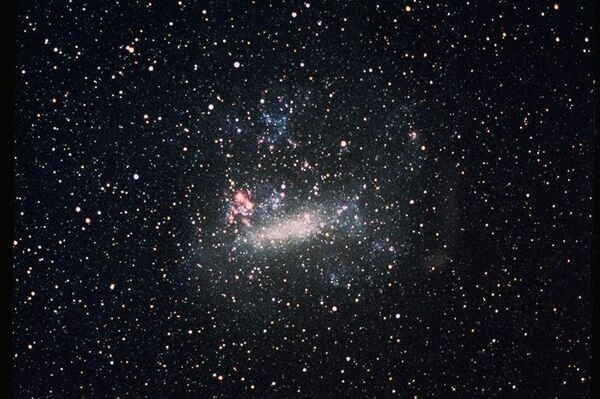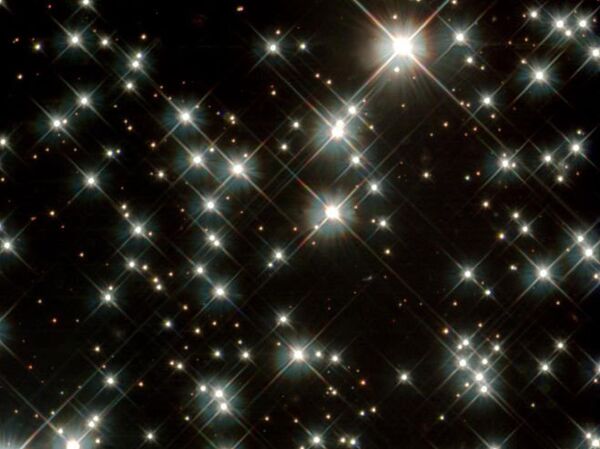We took a look at the most interesting ones spotted by NASA's telescopes.
1. The Triangle II galaxy is one of the smallest ones out there, with only around 1,000 stars. However, the movements of its stars are very fast, relative to those of other galaxies. One theory is that the galaxy holds a lot of dark matter, while some scientists posit that it is because of gravitational pulls of nearby galaxies, including the Milky Way.
2.The Tayna galaxy is the most ancient and dim galaxy found yet. It is posited that it formed only 400 million years after the Big Bang, becoming one of the first galaxies. Its name means "first-born" in the South American Aymara language.
3. The Hercules A galaxy is unique because it contains a black hole with the mass of 2.5 billion suns, over a thousand times bigger than the black hole of the Milky Way. It also emits two plasma beams with a length of 1.5 million light years each, making it one of the biggest known sources of radio waves in the univers.
4. The Milky Way itself has around 70 White Dwarfs, dead stars, which is itself nearly as old as the universe. They were the first stars in the Milky Way.
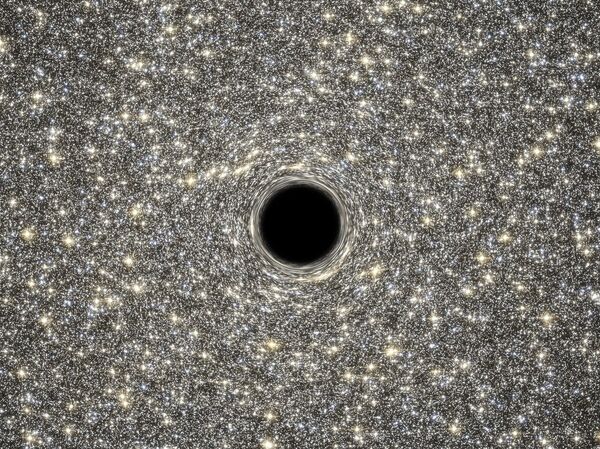
5. The M60-UCD1 galaxy, despite being 50 times smaller than the Milky Way, has a black hole that is more than five times bigger. It was earlier posited that the mass of a black hole determines the size of a galaxy, but M60-UCD1 disproved this theory.
